- Home
- Greg Keyes
Footsteps in the Sky Page 2
Footsteps in the Sky Read online
Page 2
The thing was a cylinder balanced improbably on only two legs. What I took to be the sensory organs were on a spherical protrusion at the top of its strange body, clustered together rather than strung along its backbone. I wondered if its brain might be in the sphere—odd, but if the sense organs were there, it would be most logical. It had two limbs and very fine hands—not like the Makers’, but obviously functional and versatile. It held a tool in one of them.
Was this what had built the fusion reactors?
Odatatek had still not decided. Her criteria must not be based upon whether or not the life seemed alien, then.
Perhaps there remained in her a tiny shred of Etadotetak. That would be interesting. If I could prove that the life down there was worthy of sacrificing a prime planet for the Makers, I could win this adjudication. And there might be one very good way of gathering more data toward that end.
I was surprised that I thought of it, though I had all of the equipment. There was no need to fabricate anything. And I could use self-contained systems; the data would not be freely accessible to the others until I made it so.
All I needed was a tissue sample. The creature obliged by stepping closer, hand extended.
IV. Hoku
Hoku snarled, snapped his words off at Juaren as if they were bullets. “You may consider yourself terminated, Itupko Juaren. How in the hell could you have missed two starships, each a kilometer long? Shit, they must be visible to the naked eye!”
“Three ships, Ibaba. The polar sky Kachina just found another,” Red Jimmie interjected.
Juaren’s narrow mouth chewed silently for a moment, as if seeking to fill itself with explanations. Perspiration stood out on his dark brow. “Ibaba Hoku,” he finally got out. “Hoku. I wasn’t looking for them. Space is vast. It can easily hide three objects of that size.”
“We live on a planet with multiple astroblems five kilometers and more across, and you don’t keep better watch for falling rocks? How will we explain this to the councilors? To the Tech Society?” To Her? He added silently.
Hoku bit off his last word and flattened his lips into a severe line. His nearly square face made any scowl seem like an ogre mask; now it was grotesque with tension and fury.
But not fear. Hoku had not clawed his way up from a landless clan to his exalted position because he was afraid. It would take more than the first non-human starships ever encountered to make him fear. He was worried, but not about the aliens. Rather, he was concerned that as mother-father of this research station, he would be held responsible for Juaren’s negligence. He would have to straighten that out, even if the boy was a clan relative. Fuck that, anyway. Hoku was no mesa-trash, paralyzed by clan and family. He flung himself out of his chair and pushed past his two co-workers into the corridor. The pale yellow lighting strips flared on to limn his progress. Thirteen paces exactly brought him to his door, and he counted each one off, an exercise to calm himself. The door opened at his rap and odor signature and closed behind him on vocal command.
The room did not slow him down. Spare, furnished only with a small table, couch, and sleeping mat, the floor was mostly bare, a place to exercise in private. Now he paced quickly across it to his destination, the outside door across the room.
The portal whisked open and a sea-breeze caught him immediately, wrapped up his anger in a sheet of cool salt-tang. The sea was beveled grey steel, white frosted on the spines of its shallow waves. Along the eastern horizon lay a lens of pale aquamarine, the eye of dawn barely slitted. Stars still glistened overhead, but their twinklings were numbered by the lifting shadow in the east. The old men up on the mesas would call this Qoiyangyesva, the first light that human beings ever saw, the grey dawn. They would be preparing to sing a welcome to the Sun Father.
Hoku sneered at such superstition, but not at the beauty itself. He breathed deeply of the cool air, felt calm settle across his shoulders like a mantle. When the muscles of his neck were unbound, he went to his terminal and softly commanded it to link him with the central office in Salt. He brushed his hand over the short, jet bristles on his head.
The cube woke to life, and a woman’s features formed in it, seamed by time, eroded by care. But those grey eyes were bright with understanding. Age had sharpened them while blurring her face.
“Mother-Father,” he acknowledged.
“Report, Hoku. What’s going on over there? We’ve already found one of your damned ships.”
“Yes Mother-Fa. …”
“Spare me that crap. The assholes who settled this planet may have condemned us to clutter our speech with silly honorifics, but we don’t have to indulge their corpses. Or their non-existent ghosts. Just tell me what’s going on.”
Hoku nodded. “Three ships now, and that’s probably it.”
“And the probe, or whatever the hell the ships dropped on us?”
“Close to the mesa country, out on the big plateau. My men are fueling a truck now. I’ll be on my way in ten minutes.”
She nodded, but did not speak. She was waiting for something. He gave it to her.
“I’m sorry to report that Juaren Sewuptewa must be suspended from duty. I have tried to shield him, for he is my mother’s-sister’s-boy. But his overindulgence in alcohol and subsequent neglect of duty has endangered the entire colony. I submit my resignation for failing to report him.”
Hoku felt his heart hammering. The eerie grey eyes regarded him from the screen, iron screws turning into his soul.
“No,” she finally said. “I have come to expect this kind of silly clan sentimentality from most of my people. I am glad to see you rise above it, if perhaps too late. Another useless legacy of our founding generation. No. We will find a place for your cousin where he can do no harm. And you … we shall see.”
Her eyes were scalpels and Hoku felt his heart flayed open. She saw everything inside of him. She saw the lie about Juaren, who never drank. She saw how he was prepared to suffer a bit of her ire—even a temporary demotion for coddling his relatives—as long as it meant he would stay on the ladder that lead to the Tech Society Kiva. She saw it all … and approved.
“Yes, Mother-Fa … yes. I will supervise the expedition, now.” He stood and prepared to close contact.
“Listen,” The woman said, and the single word stopped him, stopped every thought in his head. “Do you know how important this is?”
“I think so,” he replied.
She shook her head. “You have to know it. In your bones. The Reed picked our ancestors to settle here because they were idealists at best, fanatics at worst. Willing to undergo any privation to have a world of their own, to build their vision of paradise. Their payment to the Reed was to tend the terraforming projects. Our payment, Hoku. And they reward this, in turn, with scraps of obsolete technology.”
Hoku did not point out that she was stating what every school child knew, or that she was leaving out the glowing aura that was supposed to surround their part in making a home of this world. He understood that she was coming to something that people did not talk about … she was merely going by a familiar path.
“You can see, can’t you?” She continued. “You are a bright boy, Hoku. You understand that the Reed is lying to us. The expense to them of terraforming this world must be immense, more than any of us can dream. They are not doing this to help a bunch of crazy Terrans re-create a mythical past. No. You know what they call us? Sodbusters. We will work for generations to make this planet bloom, and then the real colony ships will arrive with millions of soft Terrans. And Reed warships to make sure we step aside and let them have our planet. Our planet, Hoku. The ancestors were fools—criminals, even, to condemn their children to this impoverished life—but they worked and died here, as we will work and die. We have earned more than some tiny portion of this planet. We have earned it all.
“Those ships up there. They must be very powerful inde
ed. If we understood them—if we were allied with them—if we controlled them—then this planet might remain in the proper hands. The hands that built it. Remember that out in the desert, Hoku. Remember that when it comes time to bleed and sacrifice.”
Hoku found that he had been holding his breath, as the power of her words punched into him. He was later to see that moment as one that changed his life. He had no faith in family, in clans … but the planet itself. …
No outworlder deserved to live here. If his … people … could control power that could move kilometer-long ships between the stars, drop asteroids large enough to create seas, bring life and oxygen to a sterile planet with a reducing atmosphere in only a thousand years or so … that kind of power might just make the Reed rethink their contract with the colonists.
Travel between the stars took many years, and the woman was old. She was looking down the road, to a successor and his successor. Someone strong enough to put what must be done over silly sentimentality, over fictional family ties. Yes, indeed, someone just like himself.
Hoku stopped at his closet to take out a jacket: it would be cold where he was going. Too bad about Juaren; he wouldn’t starve, but his promising career as an astronomer was over. There could be only limited access to the sky Kachina and the land-bound telescopes, and many clamored for it.
Hoku stopped for an instant to close his outside door. The dawn had become Palatala, a rim of fire on the far edge of the sea, a cinnamon cloud expanding above it to lighten the eastern quarter. Hoku allowed himself a brief grin, so boyish that for an instant he really looked his twenty years. Then he snapped down his determined mask and strode off towards his own coming dawn.
V. Traitor
The door closed fast, creating a moment of silence, a sacred space where only mind moved. Not for long: there was much to do. Nevertheless, when everyone else was panicking, stillness—and the rationality it might bring—was an advantage.
How long had this planet been home? Five Terran years. Five years since the circuit ship had passed close enough to leave behind a landing craft. A craft now hidden deep, deep in the ocean. Five years on a planet which offered, on the one hand, a pack of pseudo-savages intentionally living at the edge of habitable lands, and on the other a bitter, driven lot who knew their days of petty power were limited. Five wearing, acrid years.
Fingers danced, an identification code which had never existed as input sputtered into a crystalline brain, unlocked faded secrets.
No one knew, that was certain. Even on a planet whose population did not exceed a hundred thousand, it was possible to appear from nowhere, if one were clever with people and machines. If one were an orphan, the child of clanless loners who lived on the sea. There had been such a couple, such a child. A predecessor, making way for his replacement.
The alien ships. Who could have predicted that? But they could not fall into colonist hands. The Vilmir Foundation—or the Reed as they so charmingly called it here—would either have them or destroy them. The terraforming technology those ships carried was far, far ahead of anything human beings had developed. In point of fact, nine of the ten settled worlds had apparently already been terraformed by whoever these aliens were: nine planets with the same kind of atmospheric chemistry and plants that were demonstrably related. Nine planets with the same—non-Terran—genetic code.
And the tenth was Earth.
In orbit, a computer, cold for five years, awoke. A flexor shifted, aimed the lens of a powerful laser towards a dim yellow star. It stuttered with a tongue of light.
Afterwards, there was no trace that the message had been sent. Now there was another job. The team from the Paso observatory would certainly be first to the alien’s landing sight. What could be learned there would be. That was in the job description.
The pension had better be worth it.
VI. Pela
Pela opened her eyes, fearing they would reveal the nightmare still livid behind her lids. But what she saw was blue sky and a man’s face.
“She’s awake,” the man called. His accent was funny, some kind of lowlander dialect.
“Keep her there,” a different man answered. “We’ll need to ask her some questions”.
Pela sat up quickly. The vestiges of a hangover and a stabbing pain in her arm made her wish she hadn’t.
“Take it easy,” the man said. He had a round, kind face, not quite handsome. His voice sounded nervous.
“Oh, shit,” Pela gasped. “Shit. The Kachina. …”
It was there, where she had seen it … this morning? A blackened cylinder resting on four legs. Nearby an enormous flag—a parachute, she supposed—lay flat on the ground, fluttering slightly in the awakening breeze.
“How did you get this mark on your arm, Isiwa?”
Younger sister, he called her. He was trying to be nice.
“It touched me,” she replied, staring at the bandage that the man must have put on her arm. The bandage and the soil near her were soaked with blood. “The Kachina touched me.”
“Oh. Stay here.”
The man strode off towards the other three, two men and a woman, all lowlanders by their dress. They were all wearing guns. Off to the north she could see their transportation, a bronze-colored hovercraft.
The man talked quietly with the others, who continued to cast glances in her direction. The he returned to her, just as she was groggily getting to her feet.
“This is a new model,” the man explained apologetically. “We don’t know what went wrong or why it hurt you. Hoku—our mother-father over there—wants to take you back to Salt for an examination. Would that be okay?”
Pela was abruptly aware that she was wearing only her thin cotton shorts. She had just crawled out of her thermal bag to piss when she saw the Kachina. The man was doing his best to avert his eyes from her breasts and doing a progressively worse job.
“I need my clothes”, she mumbled.
“Of course. Where are they?”
Pela gestured vaguely towards the rising basalt behind her. He nodded and trotted off in that direction. He stopped after a few steps.
“My name is Jimmie,” he said.
“Pela,” she returned. “Thanks, Jimmie.” The sound of his boots on the cindery earth diminished behind her.
The Kachina, made by the lowlanders? That was possible, but she didn’t think so. But they wanted her to think that, didn’t they? So she would, for her own safety. But Pela knew truth, knew it in her heart. The Kachina were no longer lost among the stars. They had returned to the Fifth World, to see what the Hopitu-Shinumu had done with it.
She hoped they would be pleased.
Interim
2429 A.D.
Alvar Washington closed the gap between himself and the Vilmir complex in a series of jarring, painful steps. He regretted the previous night’s excesses bitterly, but regretted even more missing his last medical exam. If he had that the little drunk-doctors in his bloodstream had died quietly sometime last month, he would have had them replaced, or had a little less of the cheap turpentine that passed for whisky here.
Would that that were his only regret. Alvar squinted off at the distance and tried to imagine that the ugly crinkled mountains there were the Sangre de Cristos, that the sky was the right color of blue rather than a purplish pastel, even that the awful taste in his mouth was that of a certain dark Santa Fe beer. A pleasure to be hung over on that.
Unfortunately his imagination had always been less than vivid. He supposed that if it had been more colorful he would have stayed on Earth, lived the outworld life vicariously rather than opting for the reality, a reality which consisted mostly of boredom, bad coffee, bad booze, and ugly surroundings. Maybe one day this planet would be a paradise—maybe even in the lifetime of the major stockholders. But he would never see it: unlike the executives, he did not have access to the medicines that could ext
end life well into the triple digits.
He had opted to walk to his meeting in the hopes that exercise would clear his head. It was helping, though sweat still seemed to ooze from his pores like syrup and his stomach threatened to expel an unconsumed breakfast.
He reached his destination, a building easily as ugly as the terrain. It was constructed of native stone—which meant basalt or some close cousin. It was grey-black, anyhow, polished smooth and slicked with a silicon compound in the optimistic hope that it would resemble marble. It did not. The architecture was equally ill-advised, a revival of that insipid style known as Neo-Meshika—the ugliest aspects of classical Greek architecture heavily ornamented with bas-relief feathered snakes, tlalocs, and Atlantean figures of Meso-American provenience. On Earth, it had flourished briefly in the last century and then been mercifully forgotten. Here, naturally, it was the acme of high design.
Shaking his head , Alvar stumbled past an otherwise Doric column from which peered stylized, grinning skulls. The door checked his I.D., odor, and retina prints before admitting him.
The inside of the building was as clean and modern as the outside was archaic and grotesque. Alvar made his way to the elevator terminals, where a young woman in a fashionably crumpled black-and-gold shirt and shorts motioned him on. She examined him appraisingly—his athletic meter and a half frame, sienna skin and broad, handsome features. When she met his bloodshot eyes, however, she registered what could only be disgust and perhaps a little pity.
She thinks I’m a plaguer, he realized. He tried to smile and correct her impression with a few coherent words, but at that moment his car arrived. With a mental shrug he stepped in. What did he care what she thought? If he was right about this meeting, he would never see her again.
The old man was indeed that; Alvar recognized this fact immediately. Though Vilmir’s hair was still chestnut brown, though his skin was as smooth and perfect as a twenty year old’s, the signs were obvious to the practiced eye. Re-grown skin always had a sort of papery look to it, and it was always uniform, without the slight color variations that marked the run of humanity. His teeth were too white and too short; he must have recently had new buds implanted, so that they weren’t fully grown. Most of all there was the way Vilmir bore himself, the way he used his black eyes and smoothly tapered fingers. An insect clothed in human form could not have seemed more alien, precise, considered in its movements.

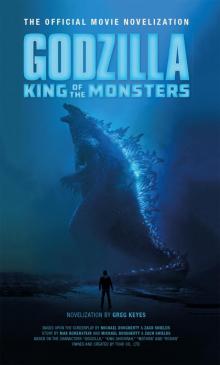 Godzilla
Godzilla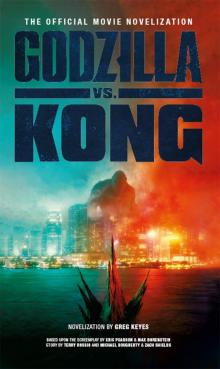 Godzilla vs. Kong
Godzilla vs. Kong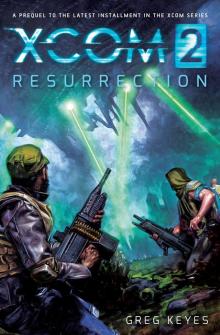 XCOM 2- Resurrection
XCOM 2- Resurrection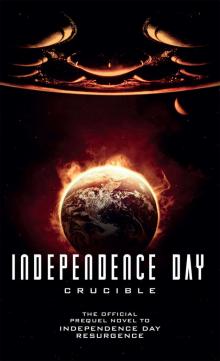 Independence Day: Crucible (The Official Prequel)
Independence Day: Crucible (The Official Prequel)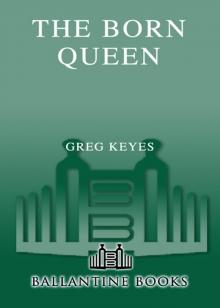 The Born Queen
The Born Queen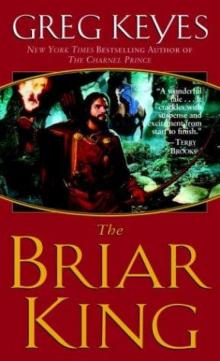 The Briar King
The Briar King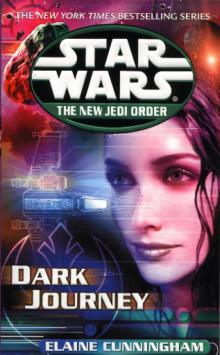 Star Wars The New Jedi Order - Dark Journey - Book 10
Star Wars The New Jedi Order - Dark Journey - Book 10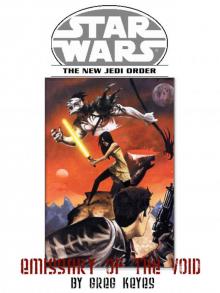 Star Wars: New Jedi Order Book 8b: Emissary of the Void
Star Wars: New Jedi Order Book 8b: Emissary of the Void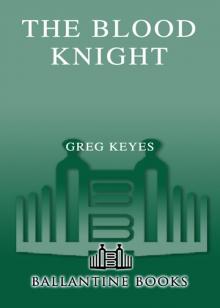 The Blood Knight
The Blood Knight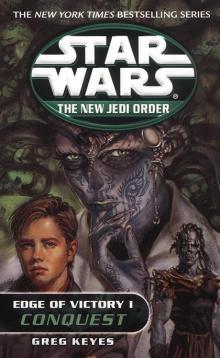 Star Wars - Edge of Victory - Book 1: Conquest
Star Wars - Edge of Victory - Book 1: Conquest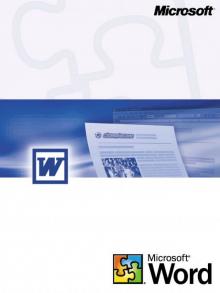 Edge of Victory 2 Rebirth
Edge of Victory 2 Rebirth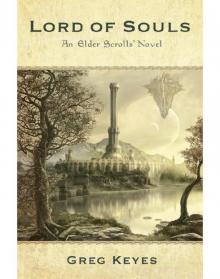 Lord of Souls: An Elder Scrolls Novel
Lord of Souls: An Elder Scrolls Novel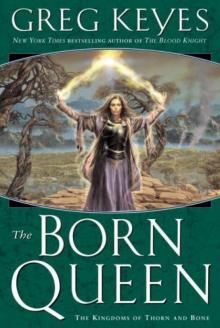 The Born Queen tkotab-4
The Born Queen tkotab-4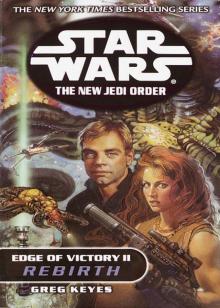 Rebirth: Edge of Victory II
Rebirth: Edge of Victory II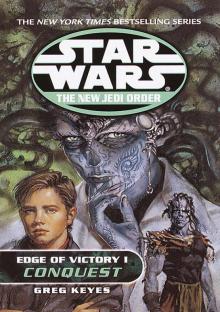 Conquest: Edge of Victory I
Conquest: Edge of Victory I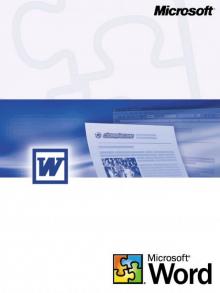 Emissary of the Void
Emissary of the Void The Blackgod
The Blackgod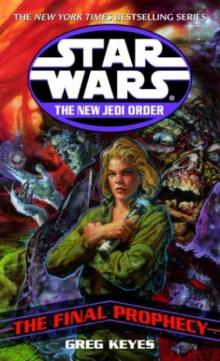 Star Wars The New Jedi Order - The Final Prophecy - Book 19
Star Wars The New Jedi Order - The Final Prophecy - Book 19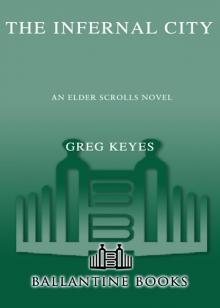 The Infernal City
The Infernal City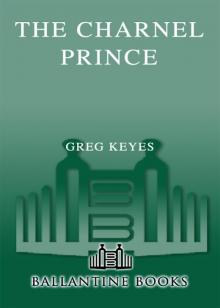 The Charnel Prince
The Charnel Prince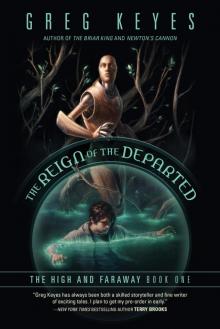 The Reign of the Departed
The Reign of the Departed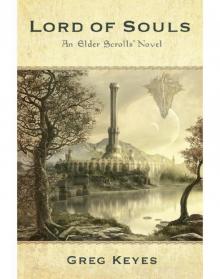 Lord of Souls es-2
Lord of Souls es-2 Chosen of the Changeling
Chosen of the Changeling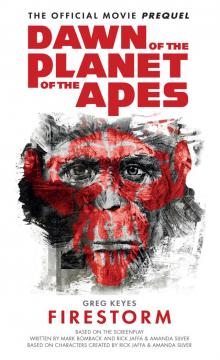 Dawn of the Planet of the Apes
Dawn of the Planet of the Apes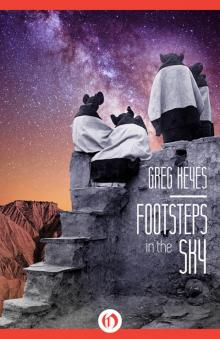 Footsteps in the Sky
Footsteps in the Sky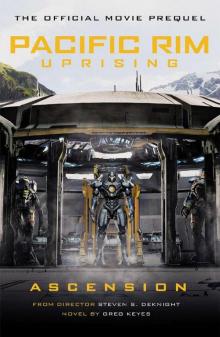 PACIFIC RIM UPRISING ASCENSION
PACIFIC RIM UPRISING ASCENSION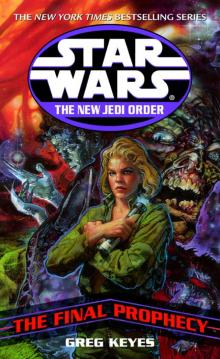 The Final Prophecy: Edge of Victory III
The Final Prophecy: Edge of Victory III